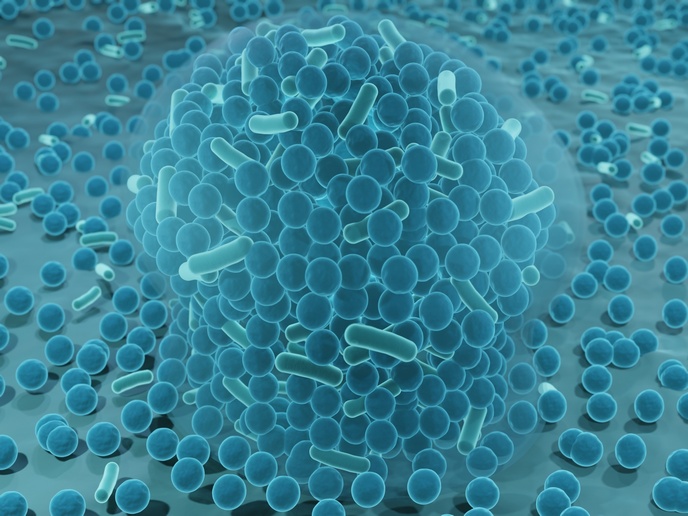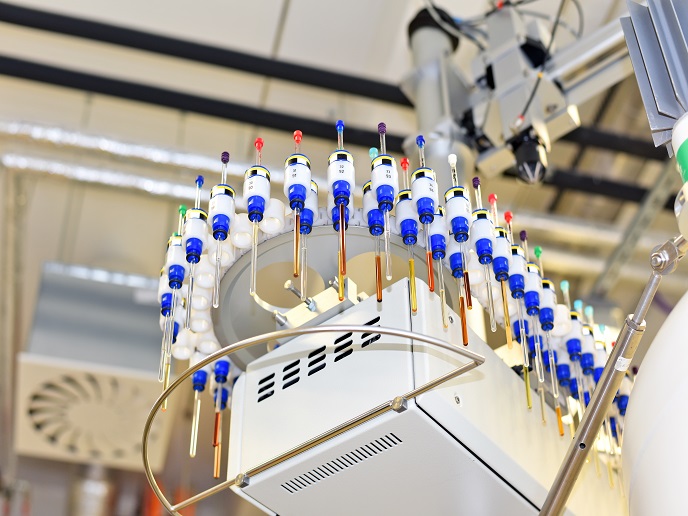Micro-imaging, analysis and machining in one device
Nanotechnology can be thought of as the engineering of functional systems the size of atoms and molecules. In order for the field to progress, scientists must be able to see, manipulate and control nanomaterials. Scanning electron microscopes (SEMs), which use a beam of electrons to illuminate an object have been around for many years. The technology enables scientists to see objects at the nano scale not visible with light microscopes. They offer high resolution with large depth of focus and the possibility for microanalysis. Recently, focused ion beam (FIB) microscopes with both imaging and micromachining capabilities at the nanometre scale have become commercially available. FIB instruments are similar to SEMs except that they use an ion beam (a beam of charged particles generally produced by removing electrons from neutral atoms) rather than an electron beam. Their use has opened the door to fundamental materials studies and technological applications not previously possible. They are often integrated with SEM columns to produce a versatile dual-beam FIB (SEM) platform. European scientists took the technology one step further by integrating a dual-beam FIB (SEM) instrument with a hybrid scanning probe microscope (SPM). FIB technology enables micro-structuring and surface modification on the nano scale. The SEM provides options for both chemical and structural analysis. SEM together with SPM facilitates nano-scale chemistry and crystallography imaging. EU funding of the 'Multifunctional analytical focused ion beam tool for nanotechnology' (Fiblys) project enabled investigators to develop a truly unique nano-structuring, nanomanipulation and nanoanalysis instrument. The final Fiblys prototype with complementary use of SEM, FIB, SPM and several analytical techniques thus enables nanotechnological capabilities not previously available with any instrument. Innovations made possible with Fiblys technology should facilitate the development of entirely new products and processes related to nanotechnology. The Fiblys system is certain to become indispensable for research and industrial nanotechnology applications in a variety of fields including biotechnology, optoelectronics and sensors.







